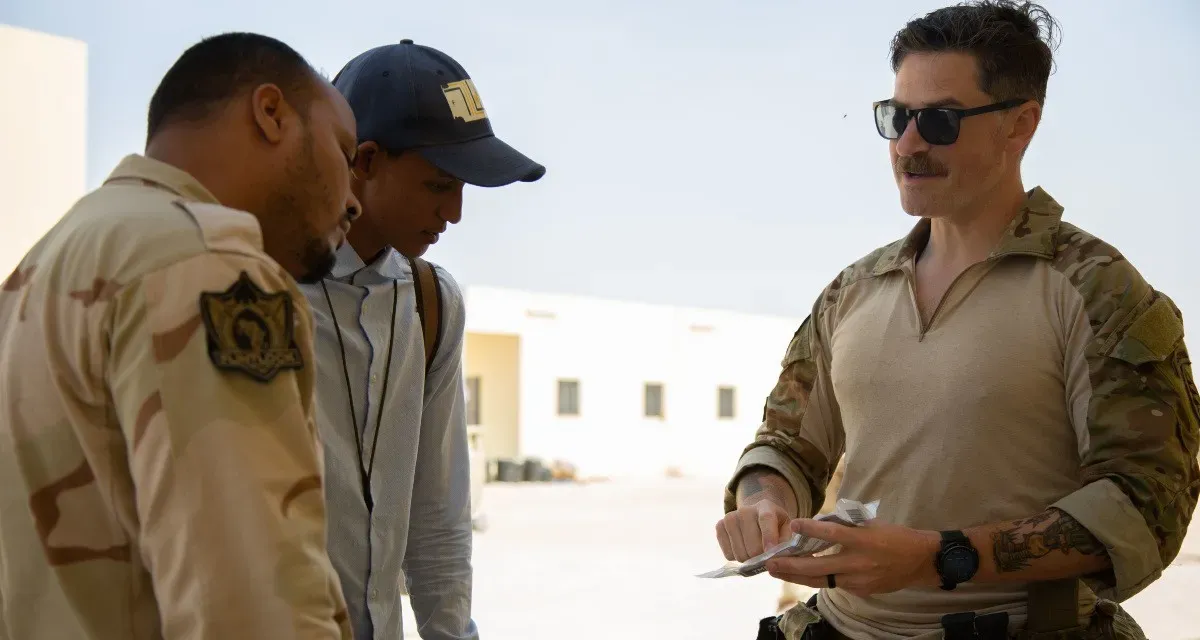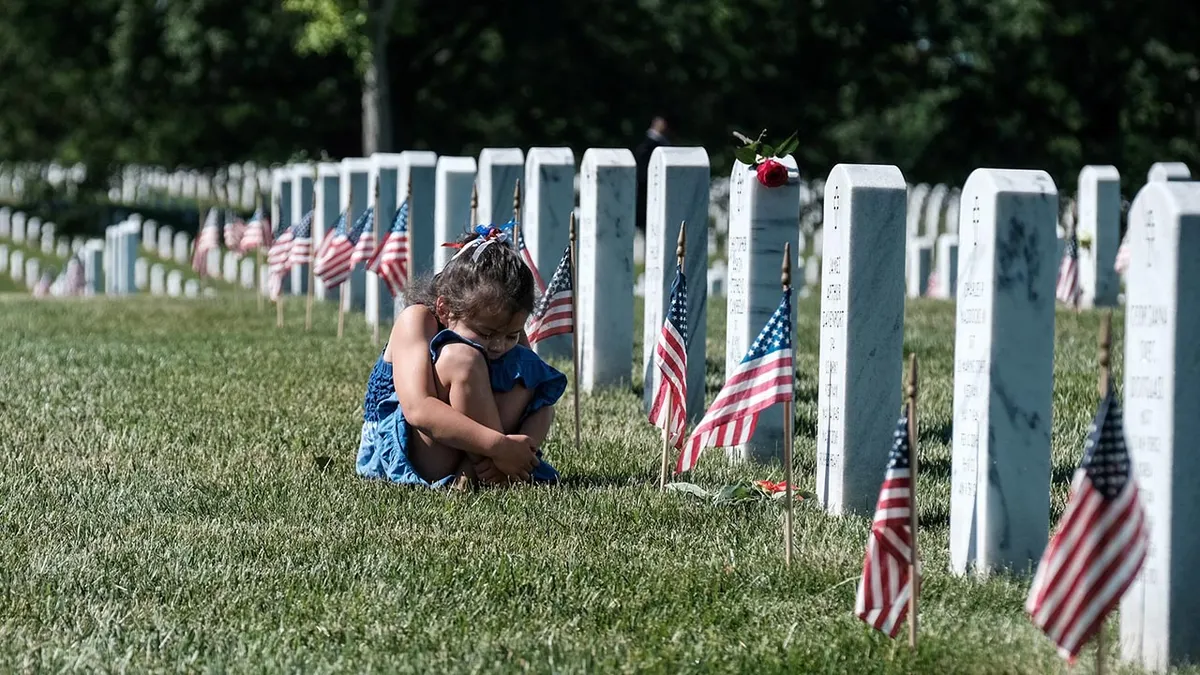“Look Up: Training a Generation to Notice the Lonely”
I grew up in the 1980s, when relationships weren’t something you talked about — they were something you lived. You didn’t text a friend; you showed up. You didn’t need a campaign to make people feel welcome at church; it just happened. If someone new came through the doors, people noticed.
Back then, connection was the natural rhythm of life. We played outside until the streetlights came on, talked face-to-face, and knew our neighbors’ names. At church, the adults taught us by example. They noticed who wasn’t there, who looked down, and who needed a kind word. They modeled community in a way that shaped my faith long before I ever sat in a classroom.
A Generation Surrounded but Alone
Fast forward to today, and I see a generation surrounded by people but often profoundly alone. They sit together, but they’re not together — each one looking down at a phone, scrolling through highlight reels of other people’s lives.
I’ve heard youth leaders say, “Students want authentic relationships.” And I believe that’s true. But here’s the problem: many don’t know what authentic relationships look like. They’ve grown up in a world where “connection” is measured in likes, not life shared.
That’s not their fault — it’s our responsibility.
Authentic relationships have to be taught, modeled, and reinforced. Just like we teach students how to read Scripture or lead worship, we have to teach them how to notice people — to look up, read the room, and see who’s sitting alone.
The Discipline of Awareness
When I joined the Army, one of the first lessons I learned was simple but powerful: look out for your buddy. It’s a principle drilled into every soldier because lives depend on it. You pay attention. You notice when something’s off. You never assume someone else will step in.
That mindset isn’t just for the battlefield — it’s for life.
Imagine if we trained our students with that same intentionality. What if our youth groups made it part of their culture to notice others — to find the kid sitting alone and pull them in, to make introductions, to initiate kindness before being asked?
That’s what Jesus modeled. He noticed Zacchaeus in the tree. He stopped for the woman at the well. He saw the one everyone else overlooked.
The Real Social Network: Real Life
One of the greatest challenges youth workers face today is competing with the constant pull of screens.
TikTok, Instagram, YouTube — they’ve become the default environment for this generation. Students are scrolling through endless content, learning how to perform but not how to connect.
If we want to see change, we have to be intentional about getting them off their phones and back into real life.
That means creating spaces where real conversation happens — where eye contact matters, where laughter isn’t filtered, and where presence replaces performance. The real “social network” isn’t online — it’s life, lived together in community.
We need to remind students that relationships aren’t meant to be consumed; they’re meant to be cultivated.
A Call to Youth Workers
Youth workers, this is where we come in. We can’t just tell students to “build relationships” — we have to show them how.
We need to be intentional about creating moments that stretch them socially and spiritually. That might mean assigning “connection leaders” in small groups who find new students and make them feel known. It might mean modeling vulnerability ourselves — showing what it looks like to initiate honest conversations instead of waiting for them to happen.
We need to coach students on what empathy sounds like, what inclusion looks like, and what Christlike awareness feels like in practice.
When we teach them to look up, we’re not just training better students — we’re shaping better disciples.
Authentic relationships won’t grow out of convenience; they’ll grow out of conviction. And if we want to raise a generation that loves like Jesus, we must first teach them to see like Jesus.
Because relational ministry doesn’t start with a program.
It starts when someone looks across the room and says, “You don’t have to sit alone.”
About the Author
Scott Pleasants is a research professor, Army Reserve Civil Affairs Officer, and technology leader who has spent his career building communities that connect faith, education, and innovation. He writes about leadership, technology, and faith from his experiences in the church, the military, and higher education.












